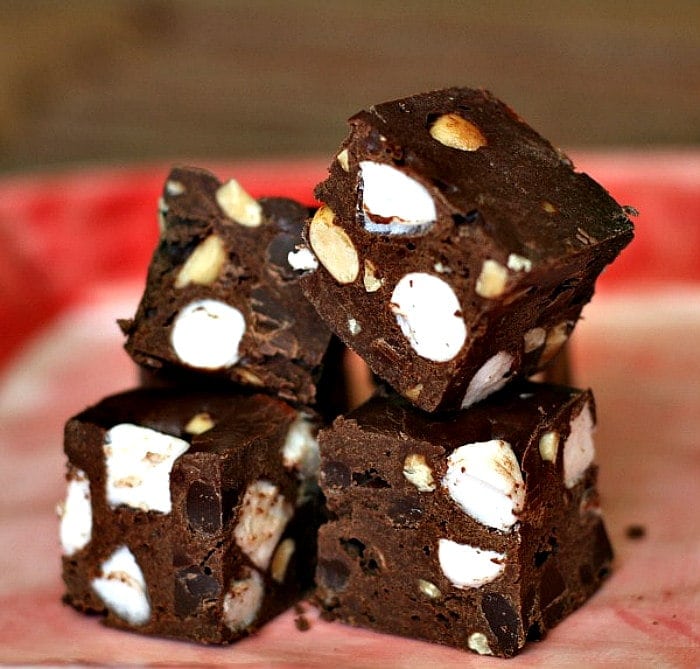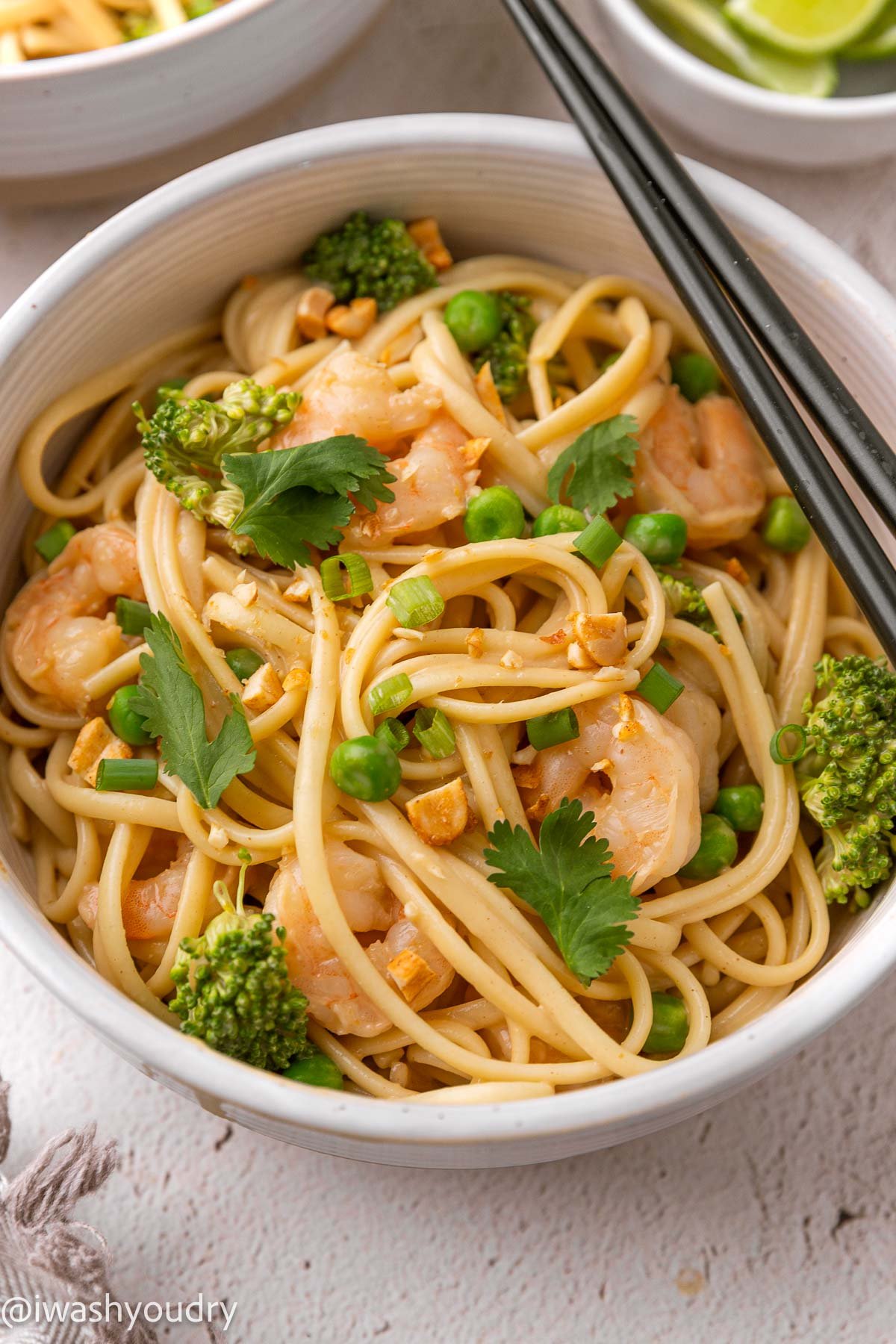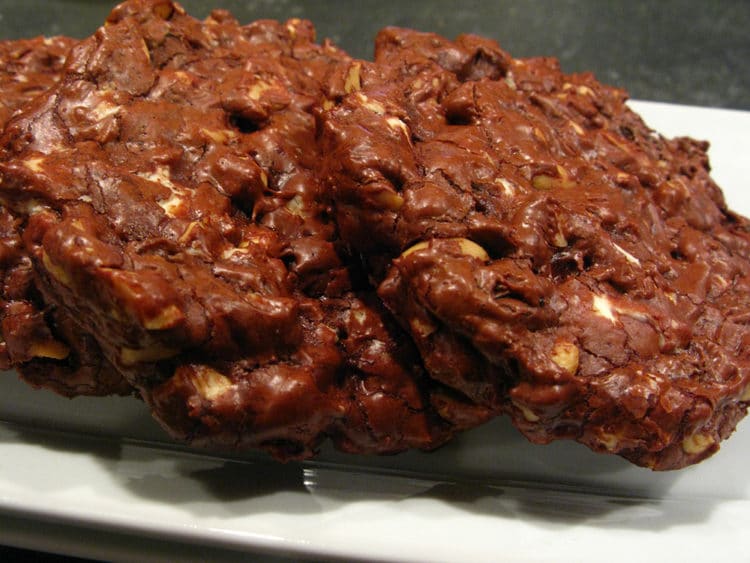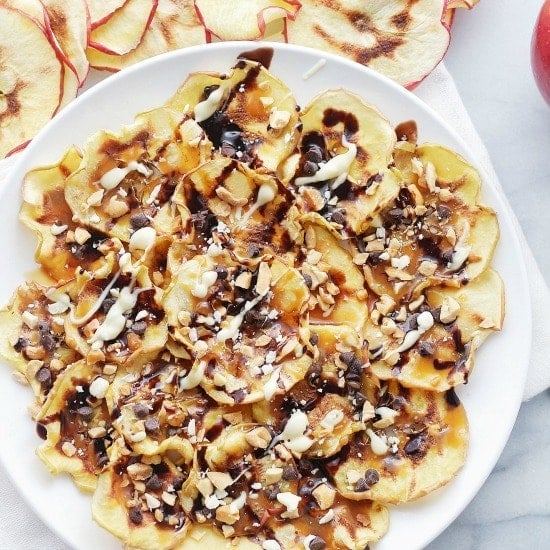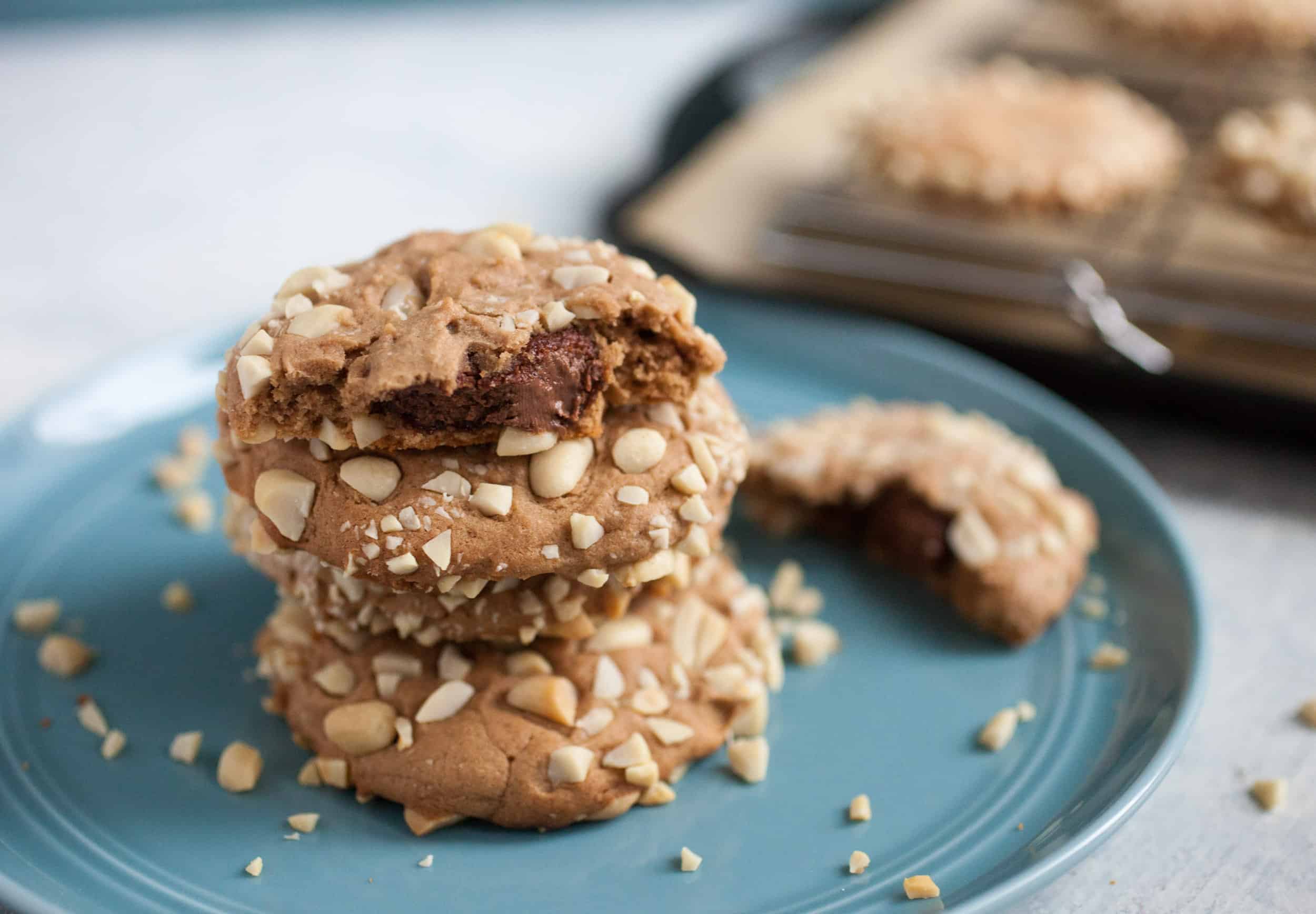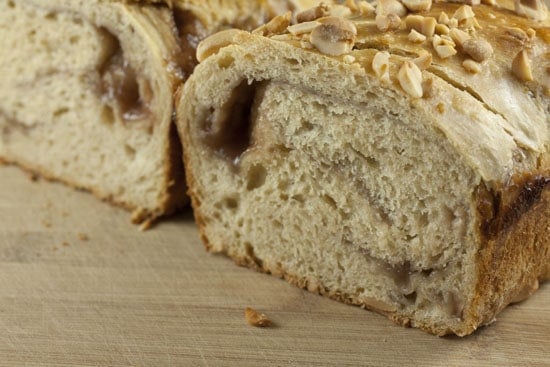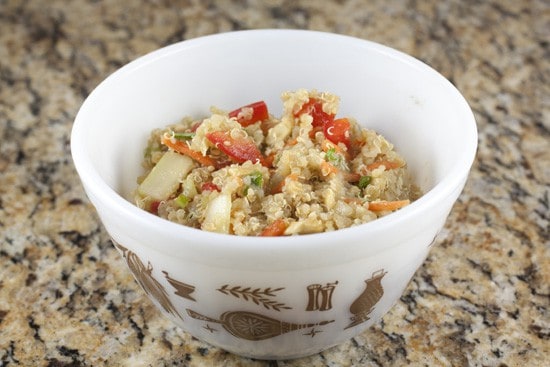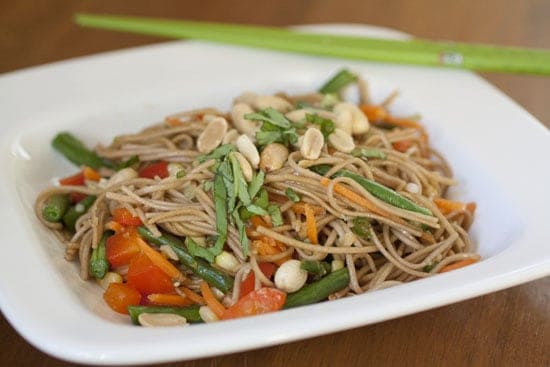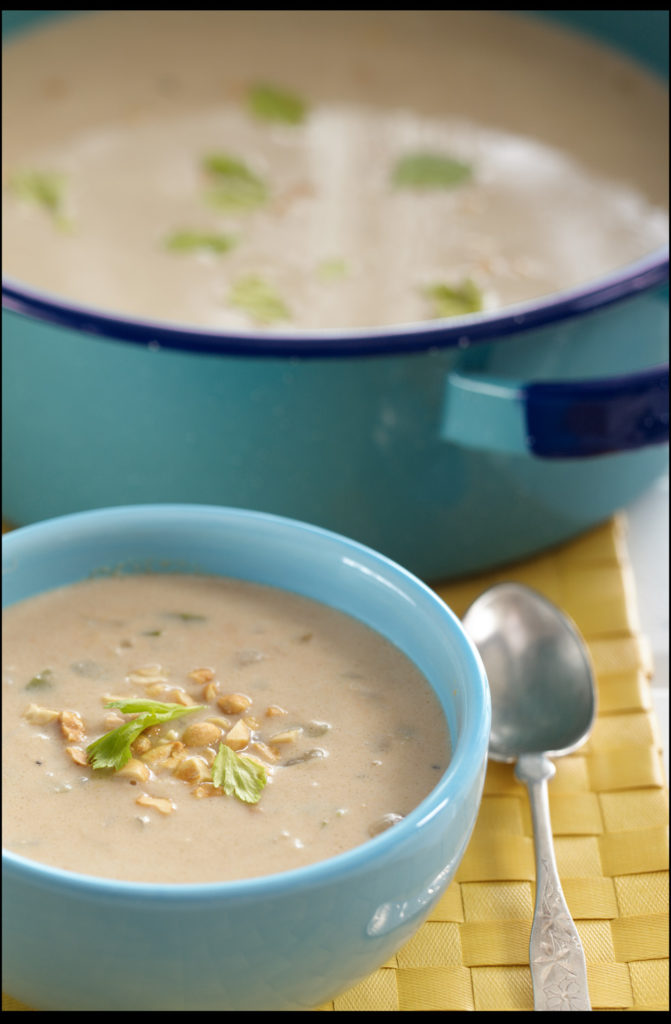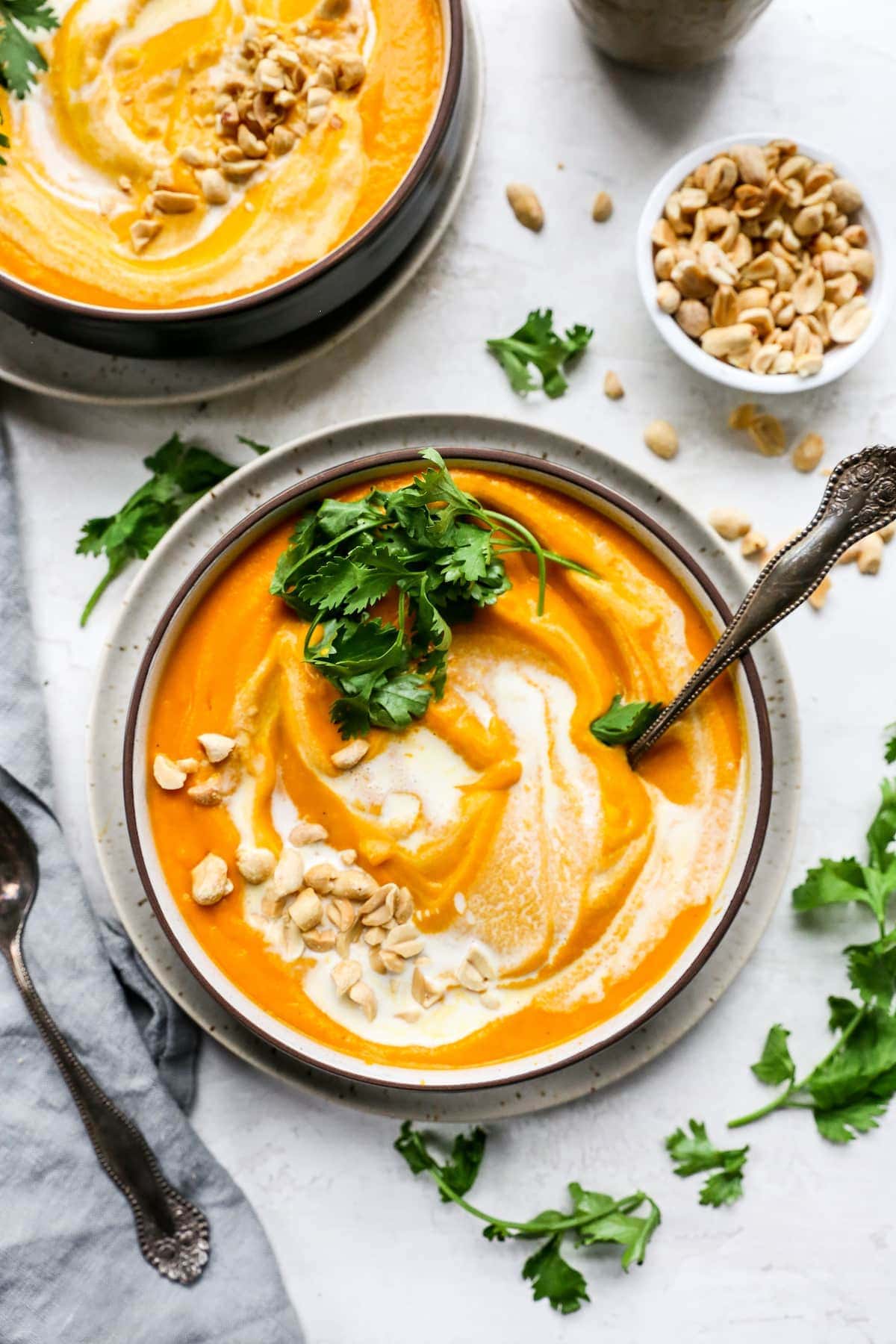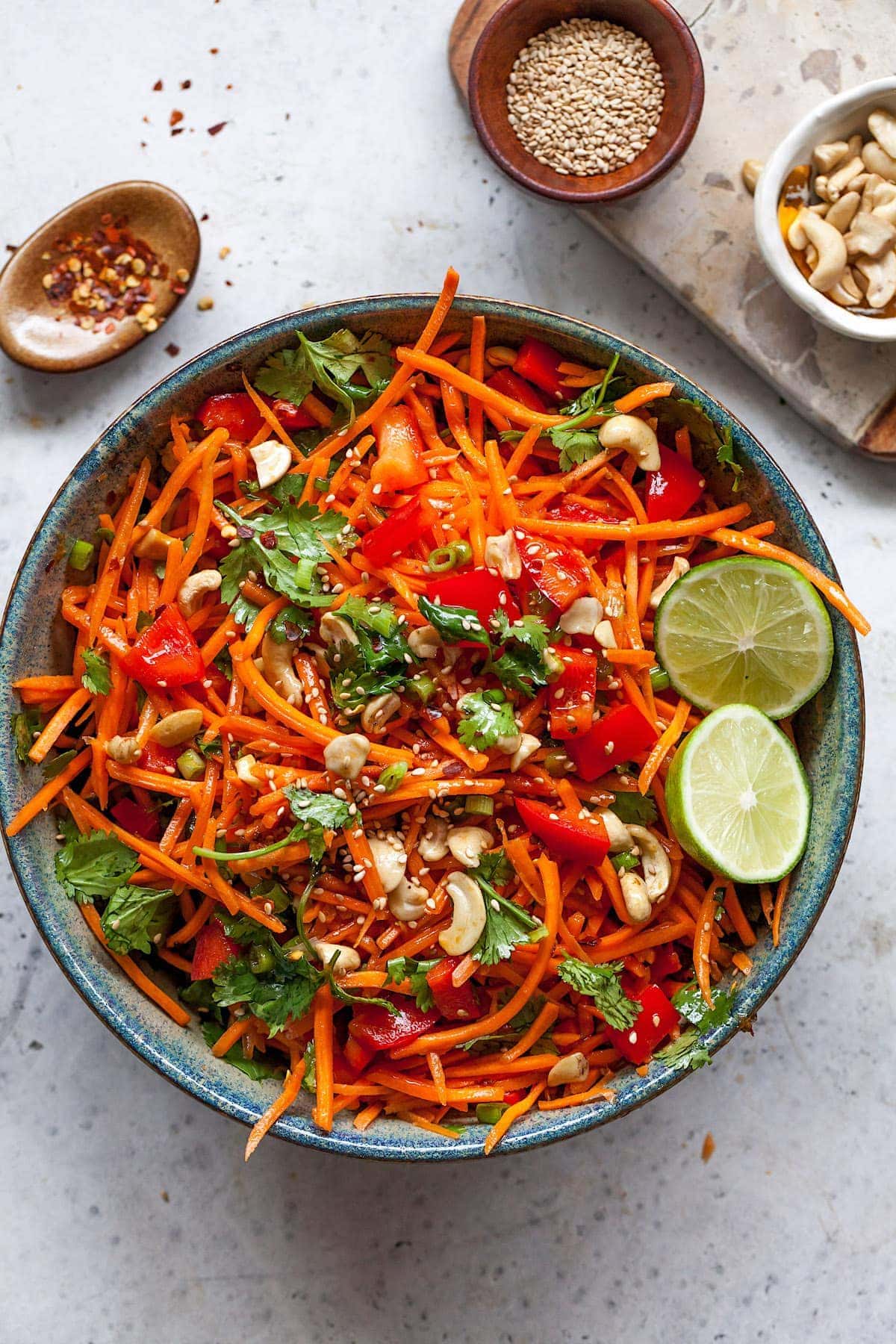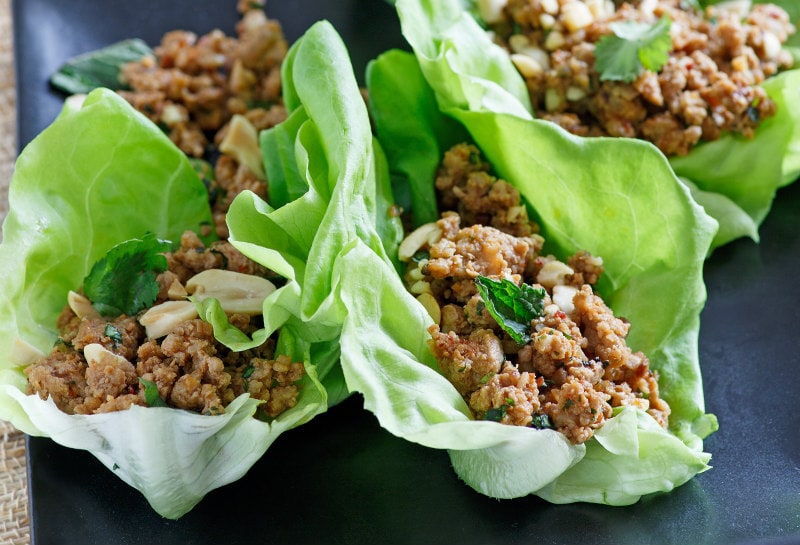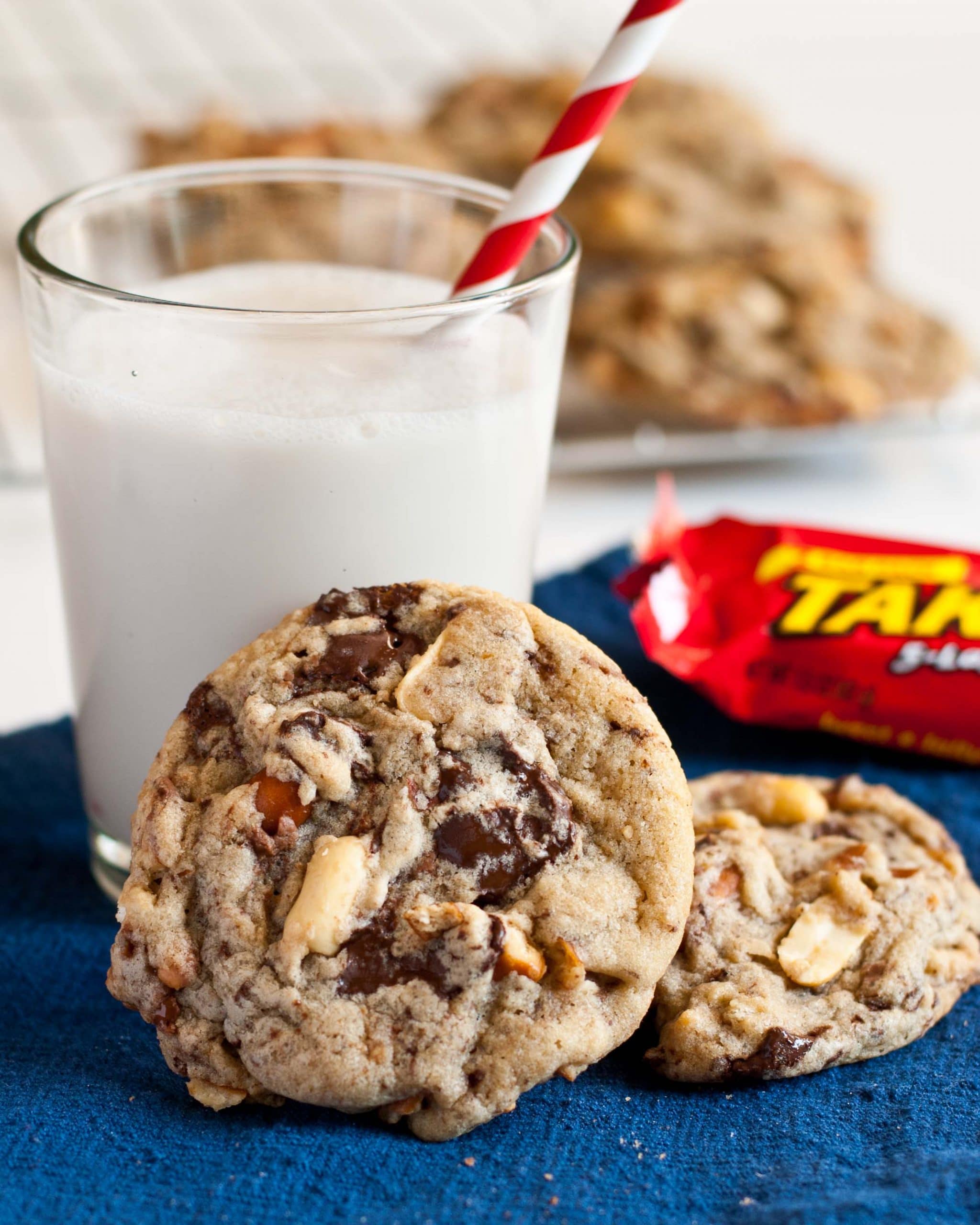Peanuts: Important Facts, Health Benefits, and Recipes
Explore the nutritional power and versatility of peanuts, their health benefits, culinary uses, and history in our ultimate guide to this popular legume.
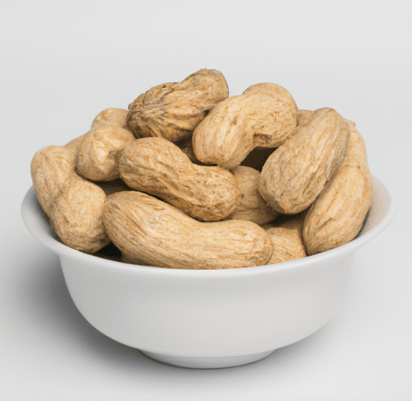
Best Peanuts Recipes
-
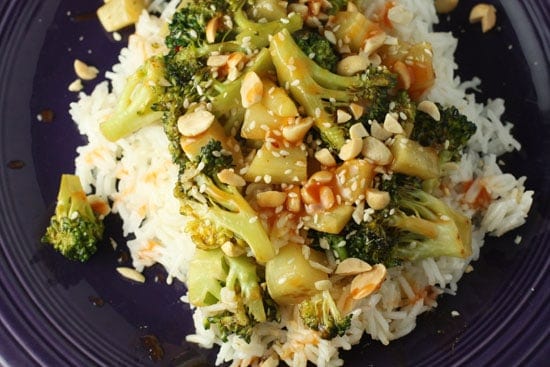
-
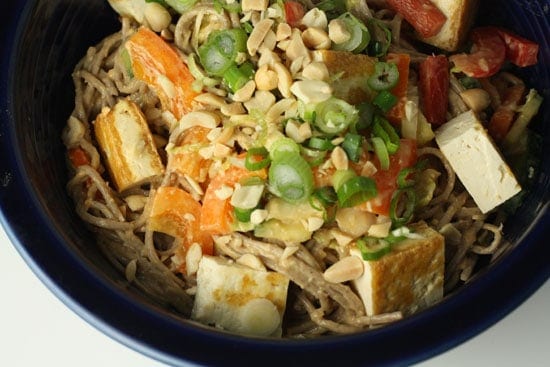
-
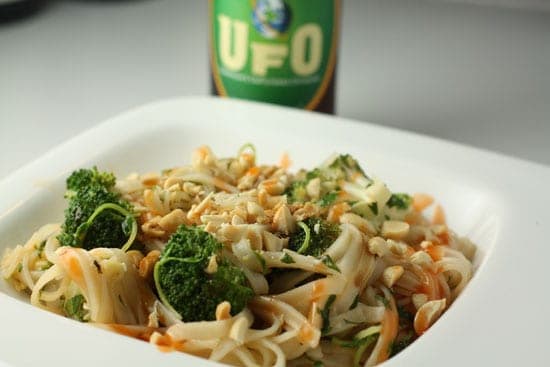
-

-

-

-

-

-
![Thai Quinoa Salad Image]()
-
![Rocky Road Fudge Image]()
-
![Asian Peanut Noodles with Chicken Image]()
-
![Grilled Chicken Satay with Spicy Peanut Sauce Image]()
-
![Spiralized Summer Roll Bowls with Hoisin Peanut Sauce Image]()
-
![Thai Chicken Peanut Lettuce Tacos Image]()
-
![Easy Shrimp Pad Thai Image]()
-
![Thai Red Curry Chicken + Video Image]()
-
![Chocolate Munchers Image]()
-
![Cheesecake Bark with Chocolate Peanut Butter Swirl Image]()
-
![Caramel Apple-Chips Nachos Image]()
-
![Nutella Surprise Cookies Image]()
-
![Peanut Butter and Jelly Loaf Image]()
-
![Asian Quinoa Salad Image]()
-
![Summer Soba Image]()
-
![The Frozen Elvis Image]()
-
![Chicken and Mushroom Lo Mein Image]()
-
![Meatball Chicken Lettuce Wraps Plate Image]()
-
![Easy Pad Thai Salad Image]()
-
![Banana Split Honeycrisp Apple Nachos Image]()
-
![Snickers Bar Pie Image]()
-
![Rocky Road Pie Image]()
-
![Oatmeal Coconut Bites Image]()
-
![King's Arms Tavern Cream of Peanut Soup Image]()
-
![Thai Mango Cabbage Wraps with Crispy Tofu and Peanut Sauce Image]()
-
![Peanut Slaw with Soba Noodles Image]()
-
![Vegetarian Peanut Soup Image]()
-
![Carrot Ginger Soup Image]()
-
![Carrot Ginger Soup Image]()
-
![Easy Peanut Chicken with Veggies and Rice Image]()
-
![No Bake Oatmeal Energy Balls Image]()
-
![Vegetarian Pad Thai Image]()
-
![Shrimp Pad Thai Image]()
-
![Curried Carrot Soup Image]()
-
![Trail Mix Cookies Image]()
-
![Sesame Ginger Carrot Salad Image]()
-
![Asian Lettuce Wraps Image]()
-
![Vietnamese Chicken Salad Recipe Image]()
-
![Hoisin Pork Stir Fry Image]()
-
![Take 5 Candy Bar Cookies Image]()



